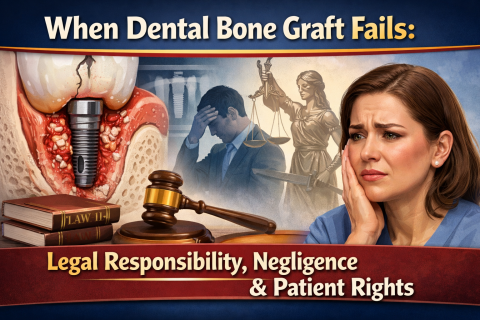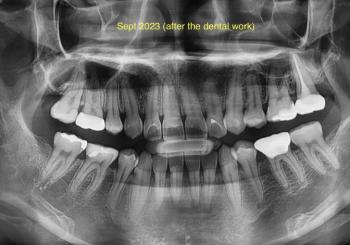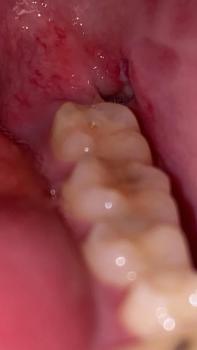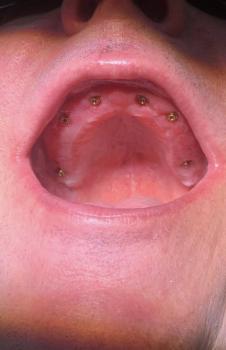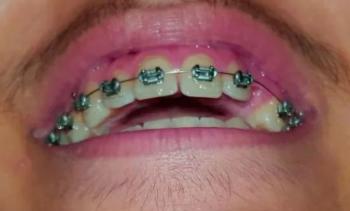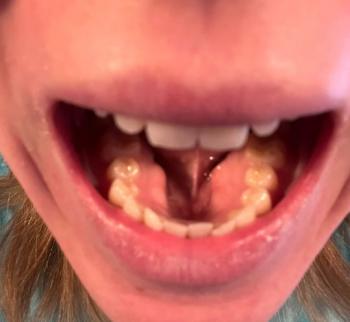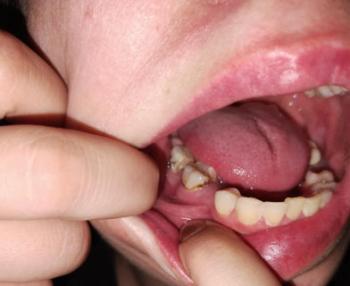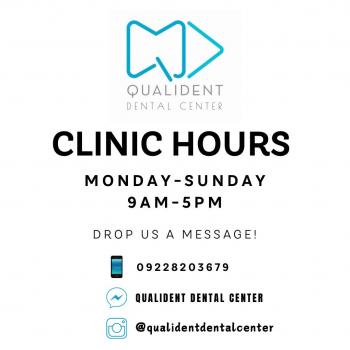Worldwide Bone Graft Failure Rate: Data, Legal Liability & Settlement Analysis
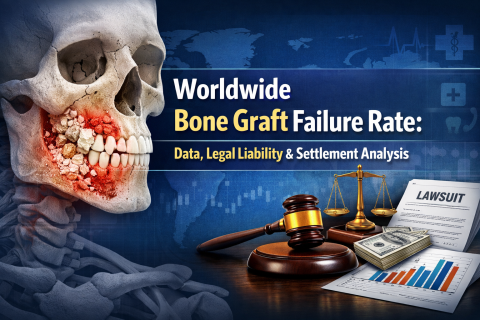
Worldwide Bone Graft Failure Rate: Data Analysis, Liability & Legal Reality
Bone grafting is widely used in implant dentistry to rebuild jawbone volume before placing implants. Globally, it is considered a predictable procedure — yet failures still occur.
This article reviews worldwide data, analyzes responsibility (dentist vs. patient health factors), and explains how a legal lawyer would examine a potential malpractice case.
Global Bone Graft Success & Failure Rates

